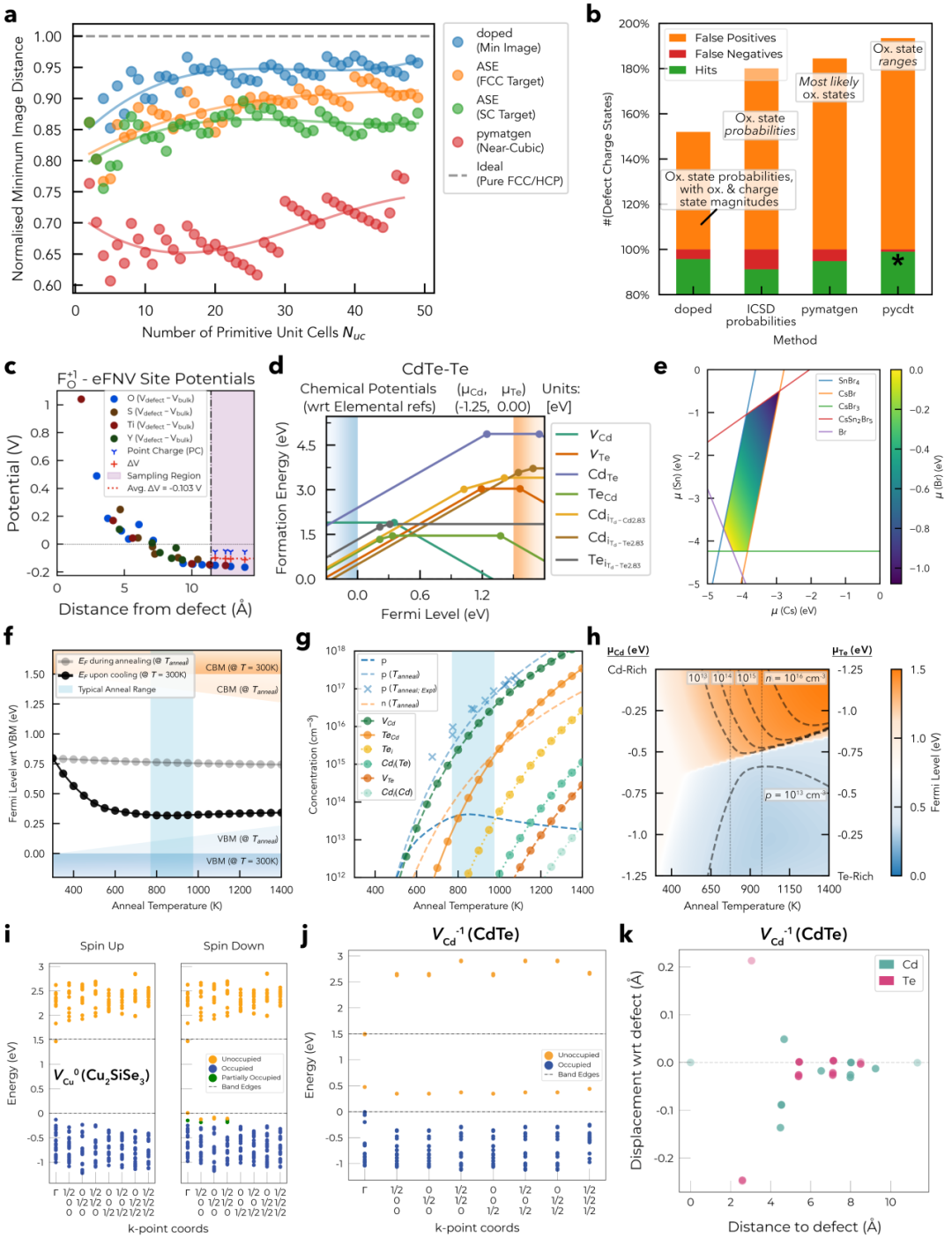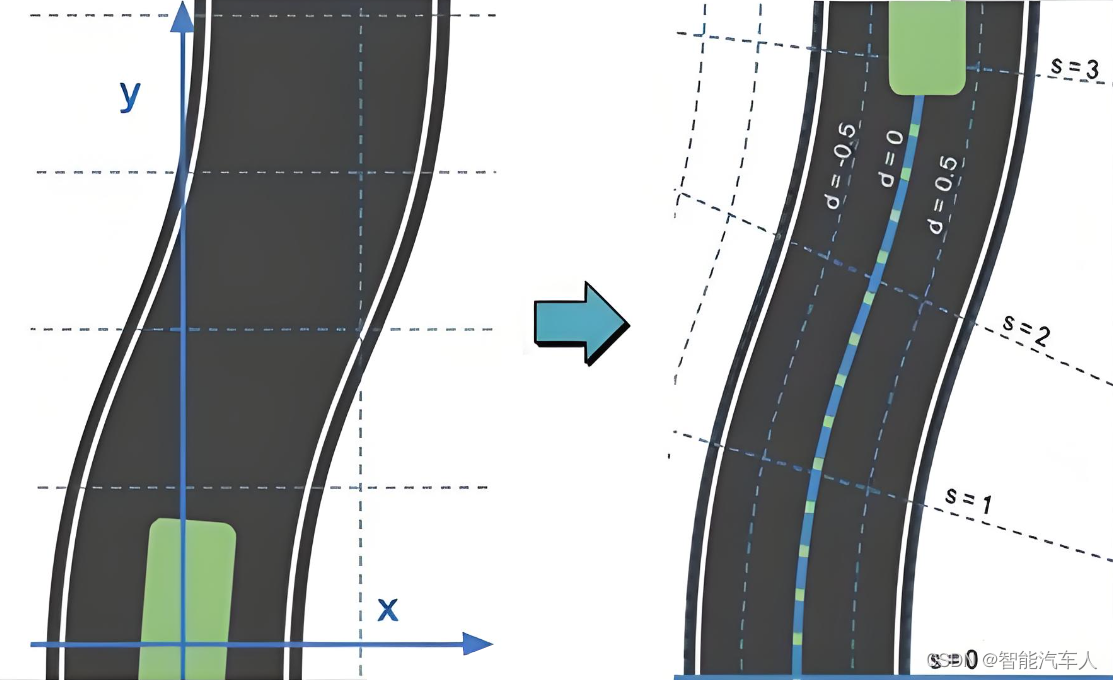
代码场景:厂里有几个员工,现在厂长颁布了新的厂规关于薪资发放,如下:
- 1、加班时长超过80小时的,一个小时10块钱;不满80小时的,不算加班。
- 2、上班打卡迟到3次以下的不扣钱,3次以上的一次扣100。
针对如上需求,是不是就可以通过写if-if判断来处理,但是如果规则变化呢,老板想只要迟到1次就扣1000,或者只要加班就100块钱一个小时呢,是不是只有改代码升级。 本章针对这个问题,通过规则引擎实现这个场景,实现规则配置化。
目录
一、准备工作
二、注解方式实现
三、yml配置方式实现
一、准备工作
1、表


2、依赖
<dependency>
<groupId>org.jeasy</groupId>
<artifactId>easy-rules-core</artifactId>
<version>4.1.0</version>
</dependency>
<dependency>
<groupId>org.jeasy</groupId>
<artifactId>easy-rules-mvel</artifactId>
<version>4.1.0</version>
</dependency>
<dependency>
<groupId>org.jeasy</groupId>
<artifactId>easy-rules-spel</artifactId>
<version>4.1.0</version>
</dependency>
<dependency>
<groupId>org.jeasy</groupId>
<artifactId>easy-rules-jexl</artifactId>
<version>4.1.0</version>
</dependency>二、注解方式实现
1、编写目的场景的规则
@Rule(name = "无效加班", description = "加班费的结算", priority = 1)
public class Rule1 {
@Condition
public boolean when(@Fact("time") double time) {
return time<=80;
}
@Action
public void then(@Fact("reason") StringBuffer reason) {
reason.append("加班少于80小时,不发加班费;");
}
}@Rule(name = "有效加班", description = "加班费的结算", priority = 2)
public class Rule2 {
@Condition
public boolean when(@Fact("time") double time) {
return time > 80;
}
@Action
public void then(@Fact("time") double time,@Fact("reason") StringBuffer reason,@Fact("money") AtomicDouble money) {
money.set(money.get()+10*(time-80));
reason.append("加班费:").append(10*(time-80)).append(";");
}
}@Rule(name = "迟到警告", description = "迟到的惩罚", priority = 3)
public class Rule3 {
@Condition
public boolean when(@Fact("count") int count) {
return count<=3;
}
@Action
public void then(@Fact("count") int count, @Fact("money") AtomicDouble money, @Fact("reason") StringBuffer reason) {
reason.append("迟到小于3次,暂时不扣钱;");
}
}@Rule(name = "迟到扣钱", description = "迟到的惩罚", priority = 3)
public class Rule4 {
@Condition
public boolean when(@Fact("count") int count) {
return count>3;
}
@Action
public void then(@Fact("count") int count, @Fact("money") AtomicDouble money, @Fact("reason") StringBuffer reason) {
money.set(money.get() - (count-3)*100);
reason.append("迟到大于3次,扣钱:").append((count - 3) * 100).append(";");
}
}- @Rule标识该类为规则类
- @Condition标识该方法为条件(一个rule类只能有一个)
- @Action标识该方法为条件满足为true后的执行方法
- @Fact代表事实,标识入参,可以通过Fact的key值获取值
- priority标识该rule的执行顺序
2、编写接口
@Slf4j
@Api(tags = "牛马管理接口")
@RestController
@RequestMapping("/staffController")
@AllArgsConstructor
public class StaffController {
private final StaffMapper staffMapper;
@ApiOperation(value = "计算工资")
@PostMapping("/getSalary")
public BaseResponse<Integer> getSalary() {
// 初始化规则引擎
RulesEngineParameters parameters = new RulesEngineParameters().skipOnFirstAppliedRule(false);
DefaultRulesEngine engine = new DefaultRulesEngine(parameters);
engine.registerRuleListener(new MyRuleListener());
// 注册规则进入引擎
Rules rules = new Rules();
rules.register(new Rule1());
rules.register(new Rule2());
rules.register(new Rule3());
rules.register(new Rule4());
//UnitRuleGroup unitRuleGroup = new UnitRuleGroup("myUnitRuleGroup", "myUnitRuleGroup");
//unitRuleGroup.addRule(new Rule1());
//unitRuleGroup.addRule(new Rule2());
//unitRuleGroup.addRule(new Rule3());
//unitRuleGroup.addRule(new Rule4());
//rules.register(unitRuleGroup);
List<Staff> list = staffMapper.selectList(new QueryWrapper<>());
for (Staff staff : list) {
AtomicDouble money = new AtomicDouble((Double.parseDouble(staff.getMoney())));
double beforeMoney = money.get();
StringBuffer reason = new StringBuffer();
Facts facts = new Facts();
facts.put("time", Double.parseDouble(staff.getTime()));
facts.put("count", staff.getCount());
facts.put("money", money);
facts.put("reason", reason);
engine.fire(rules, facts);
Staff staffNew = staffMapper.selectById(staff.getId());
staffNew.setFinalMoney(facts.get("money").toString());
staffNew.setDetail(reason.toString());
staffMapper.updateById(staffNew);
}
return RespGenerator.returnOK("成功");
}
}3、测试


根据结果可以看到数据正确。
现在假设我们厂长更改了需求:现在只要迟到超过3次,都没有加班费。
如上代码可以根据实际情况改造一下,当有需求所有规则要么全部执行,要么全部不执行时(只要有一个不满足就全部跳过执行),可以选用另一种方式UnitRuleGroup,改造如下:
@ApiOperation(value = "计算工资")
@PostMapping("/getSalary")
public BaseResponse<Integer> getSalary() {
// 初始化规则引擎
RulesEngineParameters parameters = new RulesEngineParameters().skipOnFirstAppliedRule(false);
DefaultRulesEngine engine = new DefaultRulesEngine(parameters);
engine.registerRuleListener(new MyRuleListener());
// 注册规则进入引擎
Rules rules = new Rules();
//rules.register(new Rule1());
//rules.register(new Rule2());
//rules.register(new Rule3());
//rules.register(new Rule4());
UnitRuleGroup unitRuleGroup = new UnitRuleGroup("myUnitRuleGroup", "myUnitRuleGroup");
//unitRuleGroup.addRule(new Rule1());
unitRuleGroup.addRule(new Rule2());
unitRuleGroup.addRule(new Rule3());
//unitRuleGroup.addRule(new Rule4());
rules.register(unitRuleGroup);
List<Staff> list = staffMapper.selectList(new QueryWrapper<>());
for (Staff staff : list) {
AtomicDouble money = new AtomicDouble((Double.parseDouble(staff.getMoney())));
double beforeMoney = money.get();
StringBuffer reason = new StringBuffer();
Facts facts = new Facts();
facts.put("time", Double.parseDouble(staff.getTime()));
facts.put("count", staff.getCount());
facts.put("money", money);
facts.put("reason", reason);
engine.fire(rules, facts);
Staff staffNew = staffMapper.selectById(staff.getId());
staffNew.setFinalMoney(facts.get("money").toString());
staffNew.setDetail(reason.toString());
staffMapper.updateById(staffNew);
}
return RespGenerator.returnOK("成功");
}结果如下:
 可以看到赵四加班了一个小时也没有加班费了。
可以看到赵四加班了一个小时也没有加班费了。
三、yml配置方式实现
1、增加配置文件
---
name: '无效加班'
description: '加班费的结算'
priority: 1
condition: "time<=80"
actions:
- "reason.append('加班少于80小时,不发加班费;');"
---
name: '有效加班'
description: '加班费的结算'
priority: 2
condition: "time>80"
actions:
- "money.set(money.get()+10*(time-80));reason.append('加班费:').append(10*(time-80)).append(';');"
---
name: '迟到警告'
description: '迟到的惩罚'
priority: 1
condition: "count<=3"
actions:
- "reason.append('迟到小于3次,暂时不扣钱;');"
---
name: '迟到扣钱'
description: '迟到的惩罚'
priority: 2
condition: "count>3"
actions:
- "money.set(money.get() - (count-3)*1000);reason.append('迟到大于3次,扣钱:').append((count - 3) * 1000).append(';');"每个rule之间通过---进行分割,可以在condition和actions下写java代码。
2、改造接口
@ApiOperation(value = "计算工资")
@PostMapping("/getSalary")
public BaseResponse getSalary() throws Exception {
// 初始化规则引擎
RulesEngineParameters parameters = new RulesEngineParameters().skipOnFirstAppliedRule(false);
DefaultRulesEngine engine = new DefaultRulesEngine(parameters);
engine.registerRuleListener(new MyRuleListener());
// 注册规则进入引擎
MVELRuleFactory ruleFactory = new MVELRuleFactory(new YamlRuleDefinitionReader());
Rules rules = ruleFactory.createRules(new BufferedReader(new InputStreamReader(
Objects.requireNonNull(this.getClass().getClassLoader().getResourceAsStream("rules.yml")))));
List<Staff> list = staffMapper.selectList(new QueryWrapper<>());
for (Staff staff : list) {
AtomicDouble money = new AtomicDouble((Double.parseDouble(staff.getMoney())));
double beforeMoney = money.get();
StringBuffer reason = new StringBuffer();
Facts facts = new Facts();
facts.put("time", Double.parseDouble(staff.getTime()));
facts.put("count", staff.getCount());
facts.put("money", money);
facts.put("reason", reason);
engine.fire(rules, facts);
Staff staffNew = staffMapper.selectById(staff.getId());
staffNew.setFinalMoney(facts.get("money").toString());
staffNew.setDetail(reason.toString());
staffMapper.updateById(staffNew);
}
return RespGenerator.returnOK("成功");
}
假设当我们调整加班费时(1块钱一个小时),修改配置即可。
name: '有效加班'
description: '加班费的结算'
priority: 2
condition: "time>80"
actions:
- "money.set(money.get()+1*(time-80));reason.append('加班费:').append(1*(time-80)).append(';');"



















![[数据集][目标检测]课堂行行为检测数据集VOC+YOLO格式4065张12类别](https://i-blog.csdnimg.cn/direct/4bfdea155da84365bc16a5f849e9160b.png)